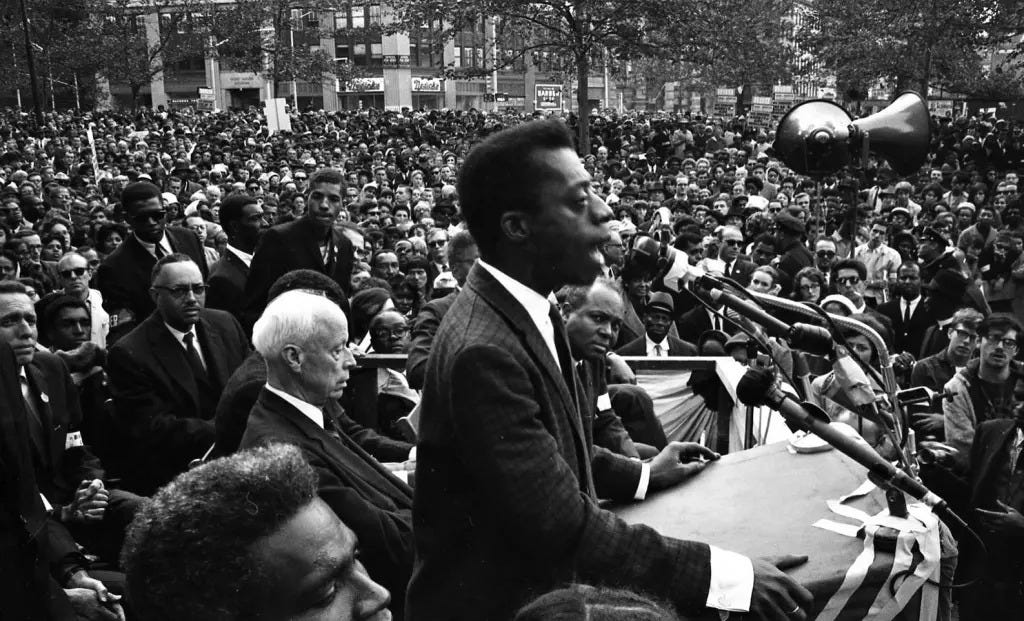Shaking the Dungeon
A Polemic Inspired by James Baldwin

Keep reading with a 7-day free trial
Subscribe to Witness to keep reading this post and get 7 days of free access to the full post archives.

Subscribe to Witness to keep reading this post and get 7 days of free access to the full post archives.